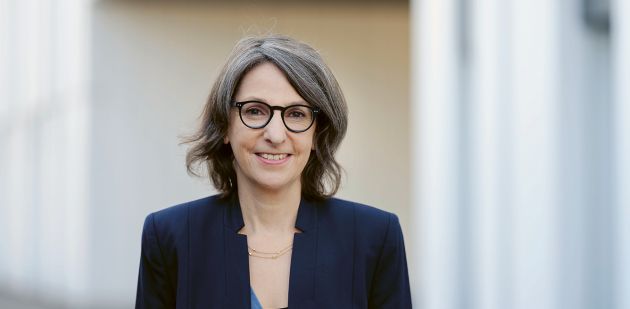
Director of the Swiss Federal Office of Public Health (FOPH), Anne Lévy, shares her observations on the relationship of trust between politics and science.
Cooperation between science and politics has gone through an extensive learning process. The last few months have also revealed problems and shortcomings
“Cooperation between science and politics has gone through an extensive learning process. The last few months have also revealed problems and shortcomings. In the future, it will be important to seize opportunities through collaboration, but also maintain and expand the structures that work well. This primarily applies to the experience with the science task force and the regular discussions with its members, which can be useful in similar situations.
When it comes to political decisions, especially high-impact ones, it is important to keep things in perspective and integrate scientific knowledge in a way that gives it its rightful place. In a crisis context, it becomes more important than ever to remain objective. This is difficult if science becomes politicised. It is therefore particularly important for scientists to express their stance in a clear, understandable manner. Scientific knowledge is essential for sound decision-making.
Crisis management is a very complex system. Incoming information must be processed continuously. Big decisions are made every day. For example, the FOPH task force held its 180th meeting in mid-September 2021. We must never lose sight of the fact that what we know today reflects the current state of science. This will not necessarily be the same in two months’ time. This has been and continues to be a challenge, especially in terms of communication.
Scientific findings have long been the subject of political debate. But in the midst of a pandemic, when scientific knowledge is building every day, constantly growing and adapting, the general public can have difficulty following and understanding the controversies. This situation is aggravated by the media’s keen interest in focusing on the divergent views surrounding a scientific topic, rather than the discoveries themselves.”